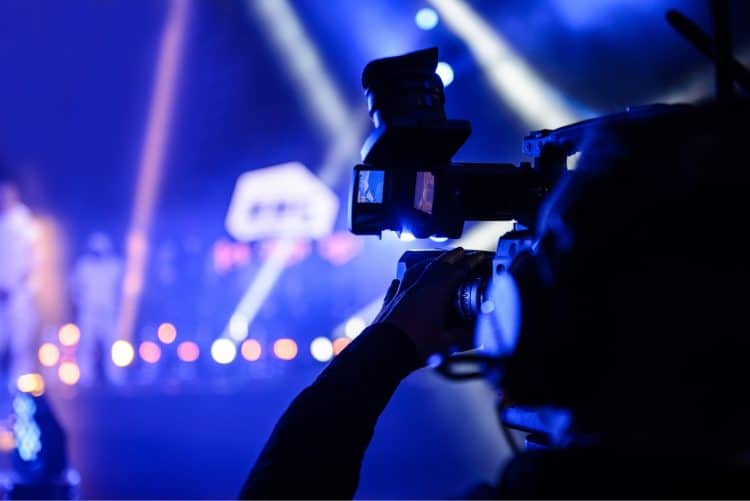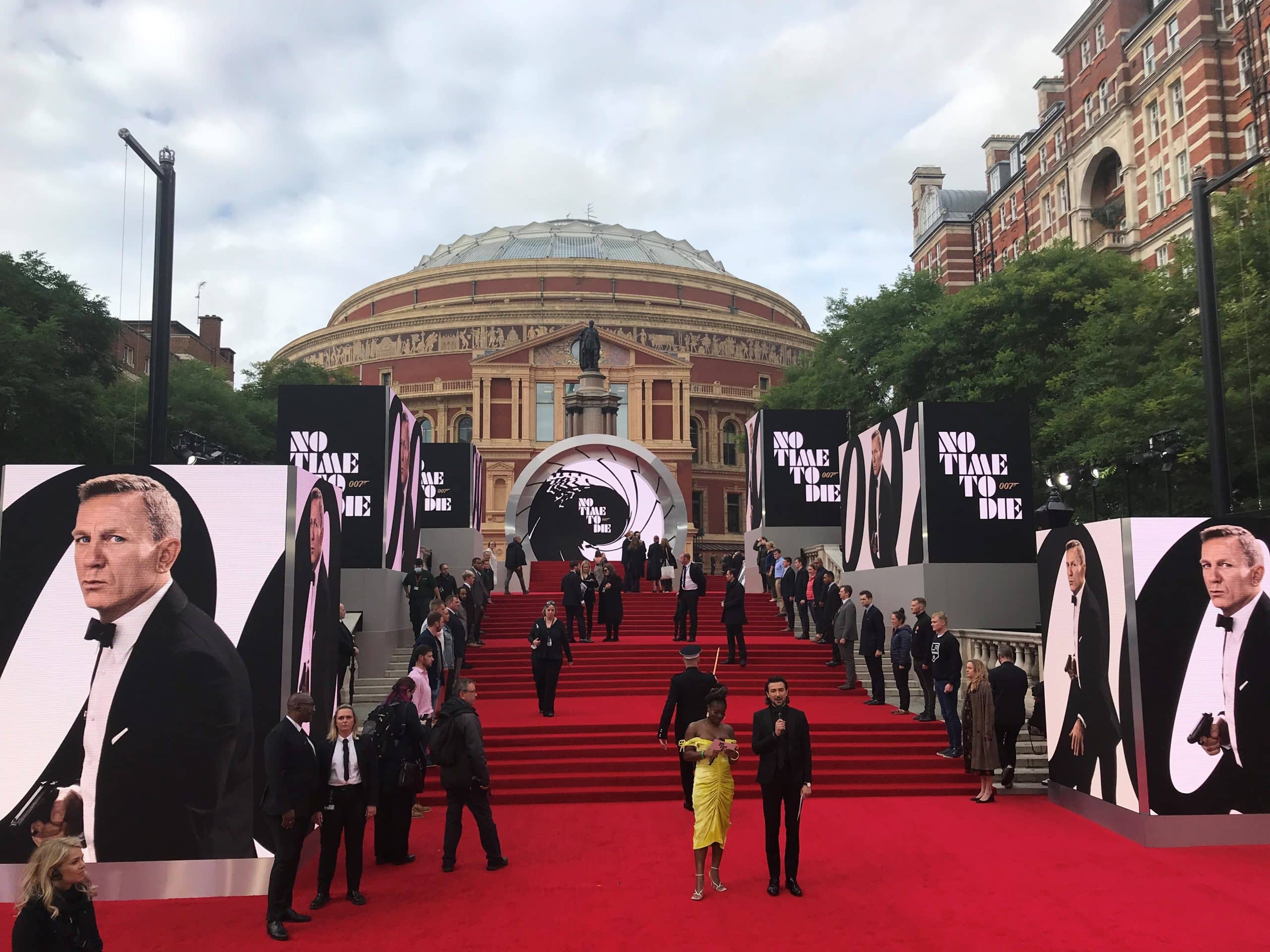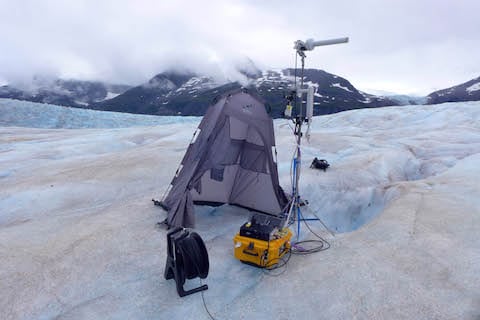Celebrating twenty years of Occasional Use

For the past twenty years, Space Norway’s Occasional Use team has been helping to bring the world’s most high-profile events into the homes of television viewers around the globe.
Whether breaking news, such as the extraordinary rescue of the Chilean miners caught up in the Copiapó mining accident in 2010, transmitting major sporting events including the London Olympic games in 2012 and 2018 Winter Olympics in PyeongChang, or sharing the grandeur and glamour of royal weddings, our team are an integral part of the broadcasting family.
We go global
Prior to 2001, the business had been focused on the Nordic market, supplying satellite communications for NRK, TV2 Norway, TV2 Denmark, Norkring as well as working with broadcasters in the UK. But following a cooperation agreement with Europe*Star to mutually market capacity on their satellites, Telenor Satellite’s Occasional Use team was able to spread its wings and start offering coverage worldwide.
In fact, the global service got off to a very high profile start as it coincided with the military action in Afghanistan which followed the devasting 9/11 terrorist attacks on the twin towers in New York and other US targets. The demand for satellite links around the world was suddenly enormous. Europe*Star 1 had superb Ku-band coverage from Afghanistan back to the UK and Telenor Satellite was the major reseller of this capacity and, added together with all the contacts within the global broadcast community that our Occasional Use team had developed (including ABC, CBS, NBC, BBC, Sky News, APTN, CNN, ITN, TV2, Al Jazeera), we were in an ideal position to provide this service. In fact, communicating with our customers in dangerous or remote, war-torn zones and providing the support needed is an essential part of the service we provide and is only made possible through the use of satellite technology.
Covering major news events
Over the years we have been present at many of the most significant moments in world news. This has included the tragic Kashmir Earthquake in 2005 where over 80,000 people died and a further 4 million were displaced; the eruption of Iceland’s Eyjafjallajökull volcano in 2010 which brought much of Europe’s air travel to a standstill; the horrific 2011 terrorist attacks on the island of Utøya and the heart of Oslo’s executive government quarter, taking 77 lives; the death of Nelson Mandela in 2013; the trial of Oscar Pistorius in 2014; the catastrophic Nepal earthquake in 2015 that claimed thousands of casualties and left nearly 3.5 million people homeless and providing coverage from world political conferences and summits, including the US elections in 2016, the German elections of 2021 through to the most recent Climate Conference “COP” in 2021.

Sports buffs kept happy
The mainstay of the outside broadcast industry has to be sporting events. Unlike other, one-off happenings, football matches are a regular feature where fans expect nothing less than seamless broadcasting. These matches are interspersed with major world events including the 2014 World Cup in Brazil, Tour de France in 2020, Olympics (both Summer 2012 and Winter 2018) and country marathons.
Politics plays its part
With a history covering more than twenty years, we have seen the arrival, and departure, of many politicians in the UK, Europe and the USA. In the main this has involved wall to wall coverage of major events such as the Trial of Saddam Hussein in 2005-2006, UN Climate Change Conference in Copenhagen in 2009, national elections in Europe and USA, but also the EU Referendum in 2016.
And today the team are looking back over the successful announcement of the new German government which they transmitted. Having supplied satellite links to state broadcaster ARD (from 22 Satellite News Gathering (SNG) trucks located around Germany) when the voting process took place on 26th September, they were very pleased to be an integral part of both processes.
No mission impossible
From our relatively small origins as a regional provider of satellite capacity from our own THOR fleet of satellites, Telenor Satellite’s Occasional Use division is now a major supplier of satellite capacity worldwide, calling on its extensive network of satellite companies to provide the perfect solution for its clients so that they can broadcast anywhere, anytime.



